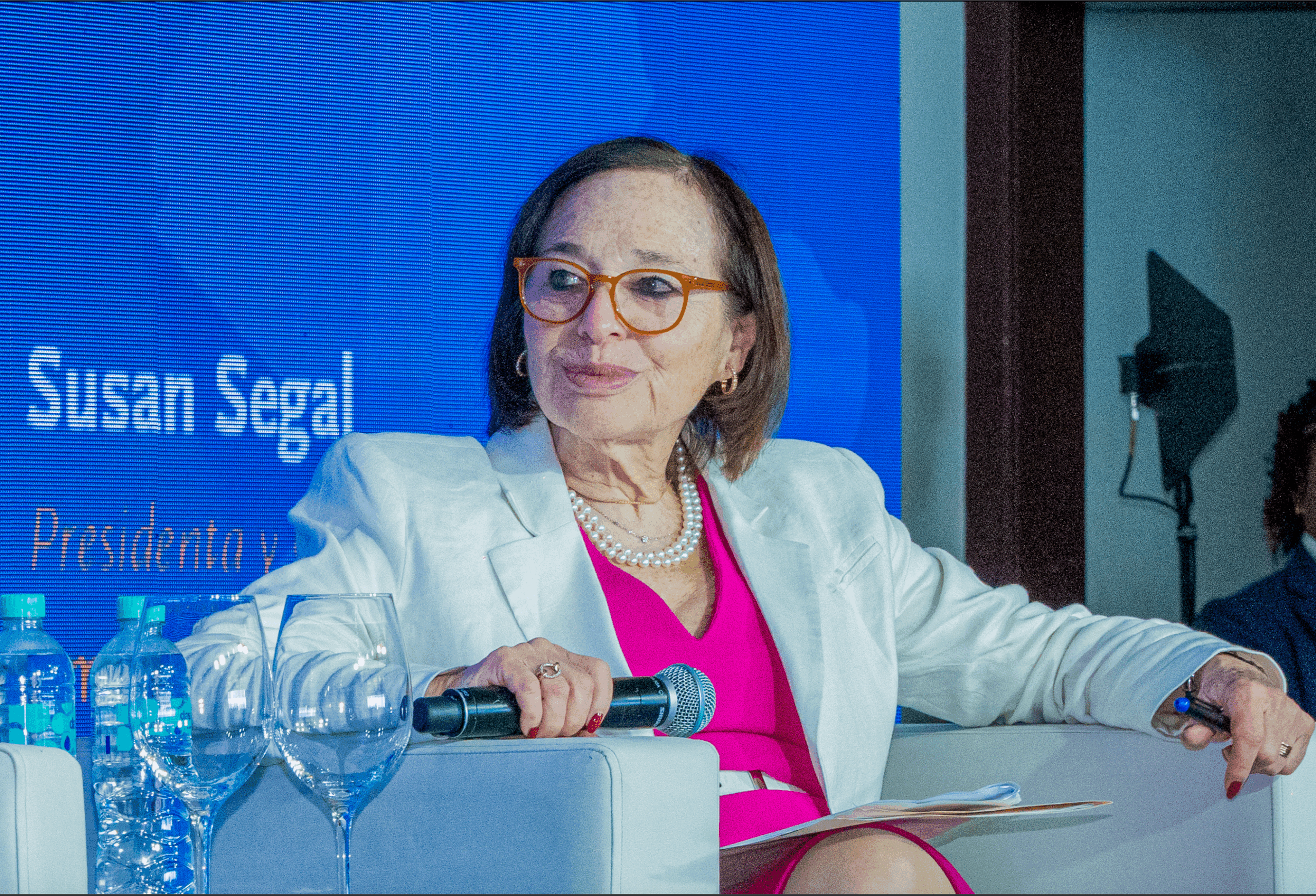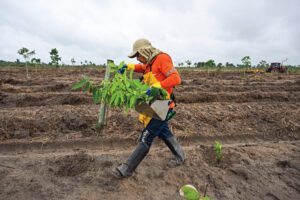This article is adapted from AQ’s special report on COP30
In November, Brazil will host the 30th United Nations Climate Change Conference—commonly known as COP30—in the Amazonian city of Belém. This landmark meeting brings together nearly 200 countries to negotiate and establish global targets for reducing greenhouse gas emissions. For Brazil, a country rich in biodiversity and increasingly vocal on the world stage, the conference represents both a diplomatic and environmental watershed moment.
Brazilian President Luiz Inácio Lula da Silva has made climate leadership a central focus of his foreign policy, and he has tapped seasoned diplomat André Corrêa do Lago to preside over the summit. While Brazil is deeply committed to strengthening multilateralism and building a consensus on global targets for reducing greenhouse gas emissions, skepticism around the topic has never been greater. Corrêa do Lago’s task will therefore be a difficult one. He must develop an agenda that both accelerates emissions reductions, and counters pressure to postpone the global transition to a low-carbon economy.
The science is clear that this transition is vital for long-term economic growth and human well-being. Yet it is still uncertain whether the U.S. will send a high-level delegation to this pivotal summit. A low-profile presence—or worse, an absence—would represent a missed opportunity to strengthen U.S. leadership in Latin America and the Caribbean.
Meanwhile, China is poised to capitalize fully on the situation. Following President Xi Jinping’s participation in the 2024 APEC summit in Peru, China has continued to deepen its relationships in the region. In fact, it has already overtaken the U.S. as the leading trading partner for most of Latin America’s major economies, with Mexico and Colombia being notable exceptions. China will most likely use COP30 to strengthen its ties with Brazil and others.
So, whether we believe in climate change or not, we must ensure proper representation. This is essential to guarantee that broader U.S. economic and political interests are recognized and considered. The U.S. cannot allow China to be the only long-term player in town.










